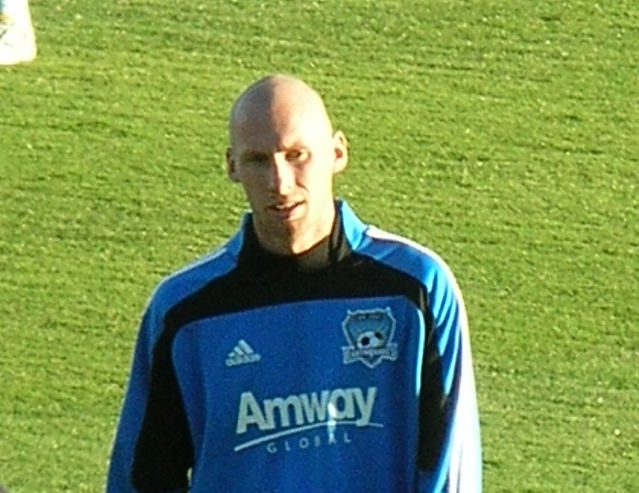Tim Ward has never had trouble getting to fifty, but as he matures into one of the nation’s top young players, the Tasmanian opener is now seeking to turn his starts into hundreds.
Tim Ward‘s ears were ringing with the words of a former captain as he hobbled out of Blundstone Arena last month.
The first hitter for Tasmania had just failed at a cover drive effort before edging right into the gloves of the Victorian wicketkeeper, who was waiting to receive the catch. He was out for 91, having reached his third fifty in five innings this Marsh Sheffield Shield season.
Ward is one of the country’s most in-form players, but he has yet to reach three figures this summer after being left stranded on 90 not out in last week’s rain-affected match against NSW.
The left-hander, who is originally from NSW, is at a place that is comfortable for him.
When looking back on his professional cricket career for Paramatta, a club he joined as a young youngster in 2012, Ward recalls a successful yet discouraging stretch in the 2017–18 season that marked the beginning of the trend.
“I might have made eight fifties or something like that and I got a 98 not out in there and maybe another 90 and I was pretty upset,” he told the media.
His memory is essentially perfect, according to MyCricket records. In reality, it was seven fifties as a part of a 699-run season as an 18-year-old that would most excite me. But not Ward, and not his captain at the time.
Paramatta captain Nick Bertus, who has four Sheffield Shield caps and finished as the BBL runner-up with the Sydney Sixers last summer, recognized the potential of his light-built opener and gave him some advice that Ward still refers to today.
Although Bertus, who is still the captain of the top team five years later, believes he may have been overly demanding of his mentee, Ward, he adds the benefits Ward is currently enjoying are a credit to his diligence and eagerness to learn.
The years of effort it took Ward to even give himself the chance at a higher level led to his eye-catching start to his Shield career.
The patient opener turned into a full-time player even before signing his first rookie contract. He was one of a new generation of cricketers, batters in particular, who had taken their game to locations like Darwin during Australia’s winter.

